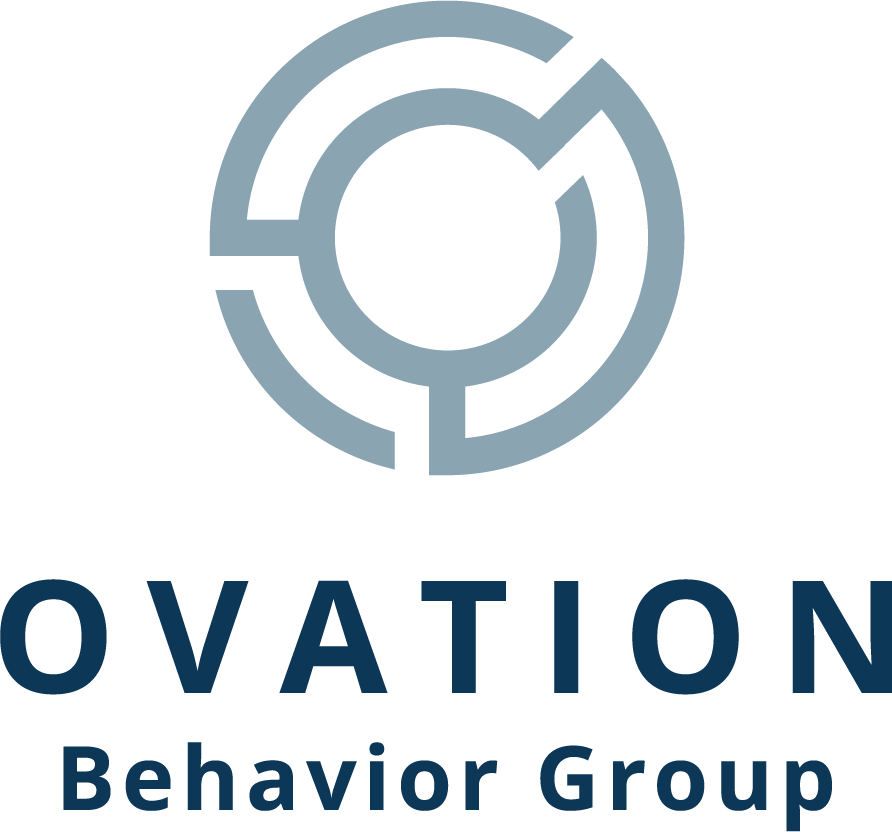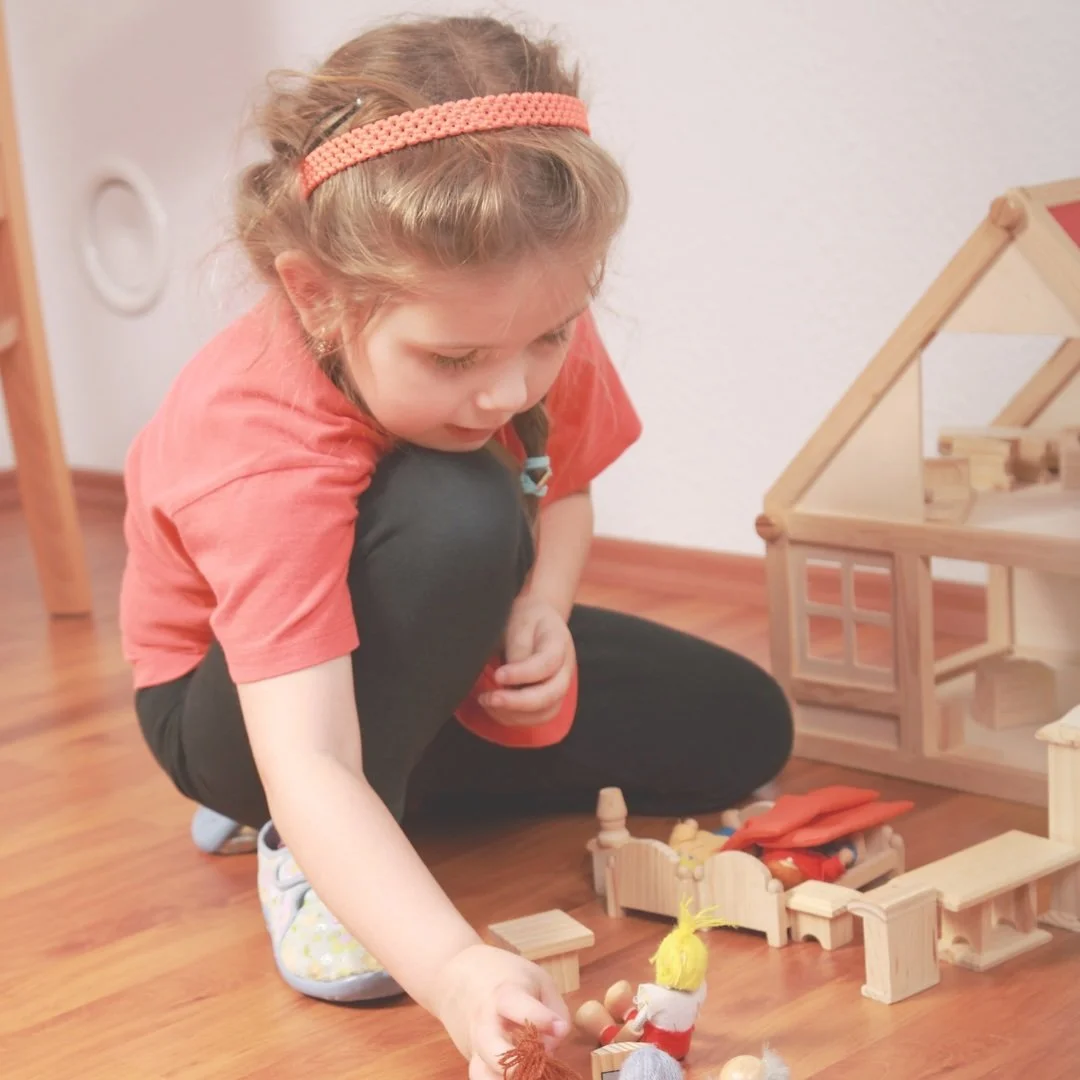Building Confidence Through Daily Routines: How Our Cranford ABA Center Prepares Children Ages 2-6 for Success
As a parent of a young child, you've likely experienced the power of routines firsthand. Whether it's the bedtime ritual that helps your little one wind down or the morning sequence that gets everyone out the door, establishing routines for children with autism ages 2-6 creates a foundation for learning, growth, and confidence.
At our newly opened learning to learn ABA therapy center in downtown Cranford, we've designed our daily schedule around evidence-based ABA therapy routines for preschoolers that not only support individual development but also prepare children for success in larger group environments like preschool and kindergarten.
ABA therapy circle time space with visual schedules and learning materials
Why Routines Matter for Young Children with Autism
Daily routines for children with developmental delays serve as more than just a schedule - they're a roadmap to independence and confidence. When children know what comes next, they can focus their energy on learning and engaging rather than feeling anxious about uncertainty.
For children on the autism spectrum, predictable routines provide:
Reduced anxiety and improved emotional regulation
Increased independence in daily activities
Better preparation for school environments
Enhanced social skills development
Stronger foundation for learning new skills
Our Structured Day: Building Blocks for Success
Morning Arrival & Choice Play
We begin each day with structured play activities for children with autism during our arrival and choice play time. This 15-minute window allows children to transition from home to center while engaging in preferred activities. This routine teaches flexibility within structure—children learn to make choices while following the established flow of the day.
Young child developing fine motor and cognitive skills through play-based learning during ABA therapy session
Welcome Meeting
Our social skills routines for preschoolers with autism start with our daily Welcome Meeting. This brief gathering helps children practice group participation, following visual schedules, and engaging in social interactions. It's designed to mirror the circle time routines they'll encounter in typical preschool settings.
1:1 Learning Time
Individual instruction time focuses on each child's specific learning goals. This personalized ABA instruction for young children ensures that every child receives targeted support while building the foundation skills needed for group participation.
Mindfulness, Movement & Gross Motor Activity
Group of children participating in gross motor skill development and physical movement activities during ABA therapy session
Physical activity isn't just about burning energy—it's a crucial component of sensory regulation routines for children with autism. Our mindfulness and movement time helps children develop body awareness, following multi-step directions, and self-regulation skills that support success throughout the day.
Varied Afternoon Activities: Preparing for Real-World Environments
Our afternoon schedule includes rotating activities like Art Projects, Imagination Play, Special Guest Speakers, Science Experiments, Sensory Activities, Music, and Partner Activities. This variety teaches children to adapt to changing activities while maintaining appropriate behavior—exactly what they'll need in preschool preparation for children with autism in Cranford NJ.
How These Routines Translate to School Success
Children developing social interaction and cooperative play skills through hands-on activities in ABA therapy
Preparing children with autism for kindergarten requires more than academic skills. Our structured routines specifically address:
Transition skills: Moving between activities without distress
Group participation: Following directions in a classroom setting
Social engagement: Interacting appropriately with peers and adults
Independence: Managing personal needs and materials
Flexibility: Adapting when routines change or unexpected events occur
The Power of Visual Schedules in Building Independence
Our visual schedule system helps children understand the flow of their day at school, home, and beyond—reducing anxiety and increasing independence. Visual schedules for children with autism ages 2-6 serve as a bridge to the more complex scheduling they'll encounter in school environments.
Example of a personalized visual schedule for bedtime routines, helping children withautism ages 2-6 understand daily sequences and build independence
Supporting Families: Routines That Work at Home and School
The routines we establish at our center are designed to complement and support the home routines for children with developmental delays that families are working on. When home and center routines align, children experience greater success and faster skill development.
Your Child's Next Steps
If you're looking for ABA therapy in Cranford NJ for toddlers and preschoolers, we'd love to discuss how our center-based ABA program can support your child's development. Our evidence-based approach to early intervention autism services in Union County focuses on building the foundational skills that lead to long-term success.
Behavior analyst using naturalistic 1:1 teaching approach to build skills through play-based and child-led ABA therapy
Ready to learn more about how structured routines can support your child's growth? Schedule a call with us at our Cranford ABA center today to schedule a consultation. We're here to help your child build confidence, develop essential skills, and prepare for their bright future.
Ready to get started with Ovation? Fill out an intake form! Want to learn more first? Schedule some time to chat with us here.
As a reminder, the suggestions outlined in this blog are not individual-specific. Always refer to your child’s health and behavior specialists before implementing any new programming.






